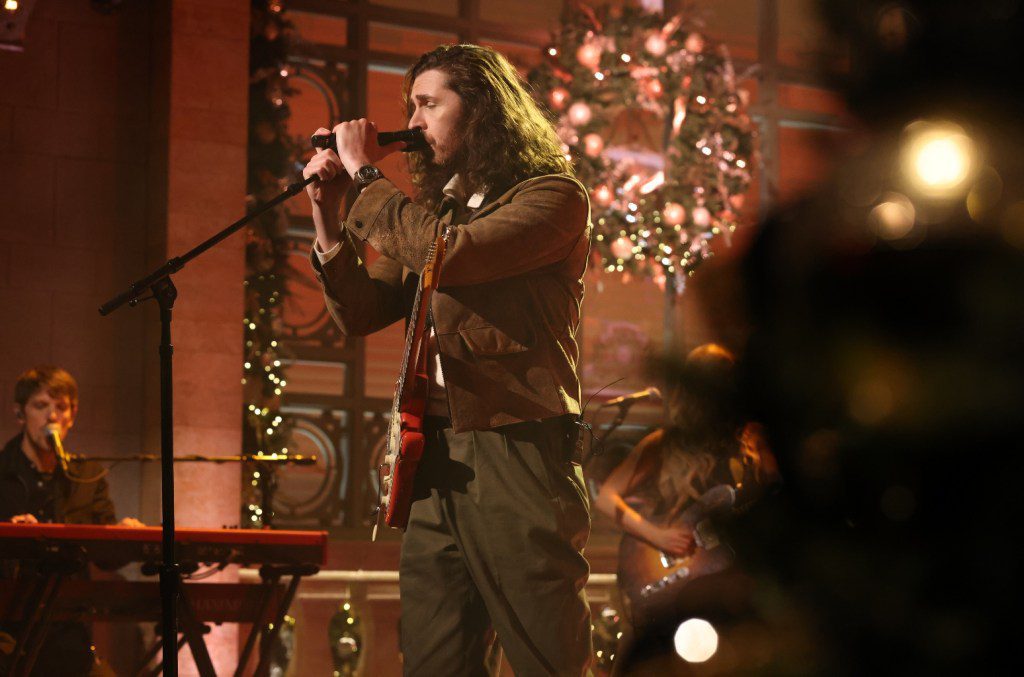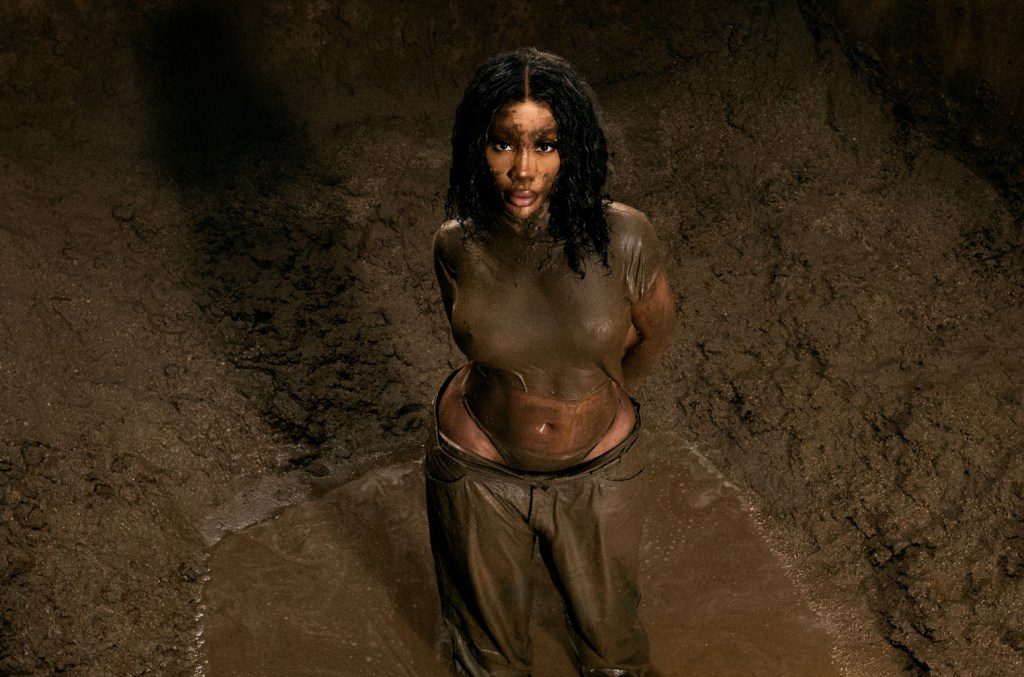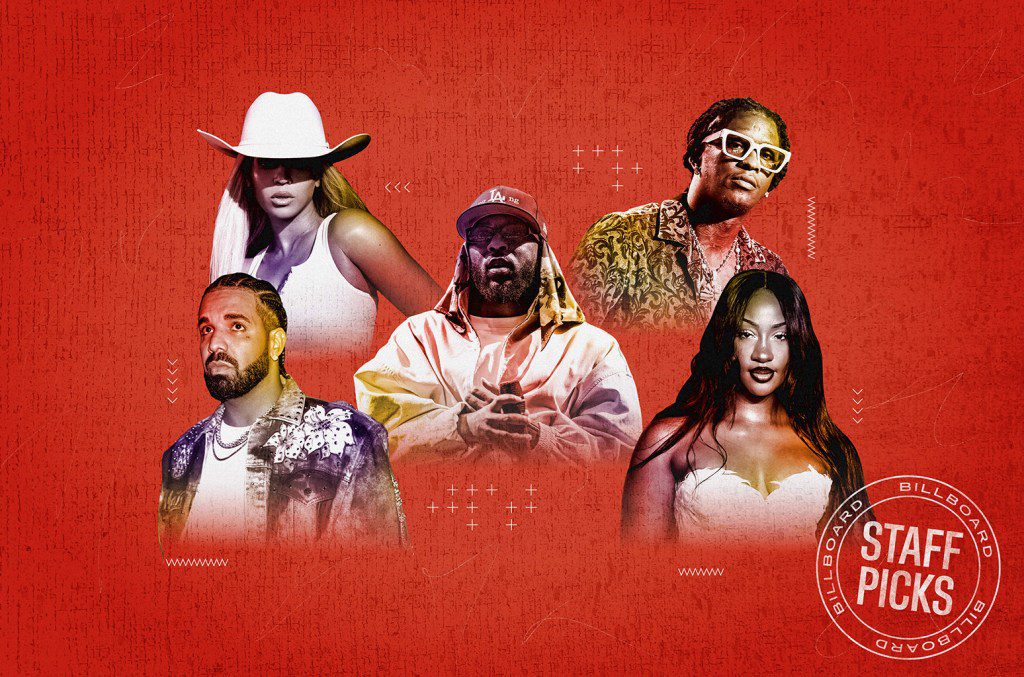Socially distanced gigs "won't work in around two thirds of UK music venues" | NME
While audiences are allowed to return to indoor gigs for events with social distancing from tomorrow (Saturday August 15), the majority of venues in the UK will be unable to do so.
Last night, Prime Minister Boris Johnson announced that music venues will be able to re-open with social distancing measures in place, nightclubs and dance halls still remain closed. However, the Music Venue Trust have revealed that the majority of indoor gig spaces in the UK are either physically unable to operate or can’t do so in a way that’s financially viable – especially at such short notice.
“Essentially this is good news, because the government has now moved to stage four, which is one step closer to stage five which is gigs functioning at something like full capacity,” MVT CEO Mark Davyd told NME. “The problem with stage four is that social distancing doesn’t work in around two thirds of venues. That’s not just about getting people in, but also not being able to manage the space to use the toilet, get to the bar, and more physical issues.”

Davyd said that of the English venues that are able to create events that comply with this new guidance, about 100 across the country of the 900 currently closed will be able to open their doors in the coming weeks. For the rest, help is still needed via the #SaveOurVenues campaign.
“Stage four is actually slight out of line and out of time with the public funding that would be needed to cover the costs for venues,” he continued. “They can’t do it without public subsidy. Several venues called me this morning to say, ‘Were we to open, we would go bankrupt’. It is good news that we’re further along this roadmap, but it doesn’t make much difference to grassroots venues. It’s not financially viable for them to do it.”
Last month, more than 1,500 artists and industry figures came together to call on the government to stop “catastrophic damage” to live music amid the COVID-19 pandemic in the launch of the #LetTheMusicPlay campaign. After months of campaigning from fans and the world of music, the UK government revealed plans for an unprecedented cash injection of £1.57 billion to help the arts, culture and heritage industries survive the impact of closures brought on by coronavirus – providing music venues, independent cinemas, museums, galleries, theatres and heritage sites with emergency grants and loans.
Davyd added: “We’re still running the #SaveOurVenues campaign, still supporting venues to get the £1.57billion of public funding, and we’ll see where that gets us to over the next six weeks.”
Earlier this year, a number of venues spoke to NME about the possibility of gigs with social distancing.
“The whole business model of a live music venue and nightclub is to do the complete opposite of social distancing,” said Rebecca Walker, general manager of The Leadmill in Sheffield. “Explaining social distancing to someone who’s had five cans of Red Stripe going for it to their favourite song just won’t be possible – especially after all this time in lockdown.
“Promoters and venues run on quite minimal margins anyway. It’s no surprise that we rely on bar sales to be profitable. Promoters are in it for the love of music, not the love of money – but to have a half-full venue every night is just not financially worth it.”
Stacey Thomas, manager of The Lexington in London, agreed: “One of the worst things that the government can do is say, ‘OK you can re-open, but keep your distance please’.
“If the government do that and turn off the furlough tap, then we’d start paying full wages, lose our argument about paying rent, we won’t be able to pay the bands, and the bands won’t want to play in a venue with no atmosphere. The message when we open needs to be that we’re safe. We can’t operate with social distancing. I don’t see how it’s going to work.”

With full capacity shows unlikely in the coming months, last month saw the organisers of a government pilot socially distanced gig with Frank Turner performing at London’s Clapham Grand acknowledg that the event “did not succeed” in creating a viable blueprint for the return of live music. However, a new outdoor arena in Newcastle with social distancing measures in places has been hailed by many music fans.
This month, figures from the music industry added more volume to the #LetTheMusicPlay campaign to demand that the government share arts funding to protect the future live crew, musicians and the individuals working behind the scenes.





